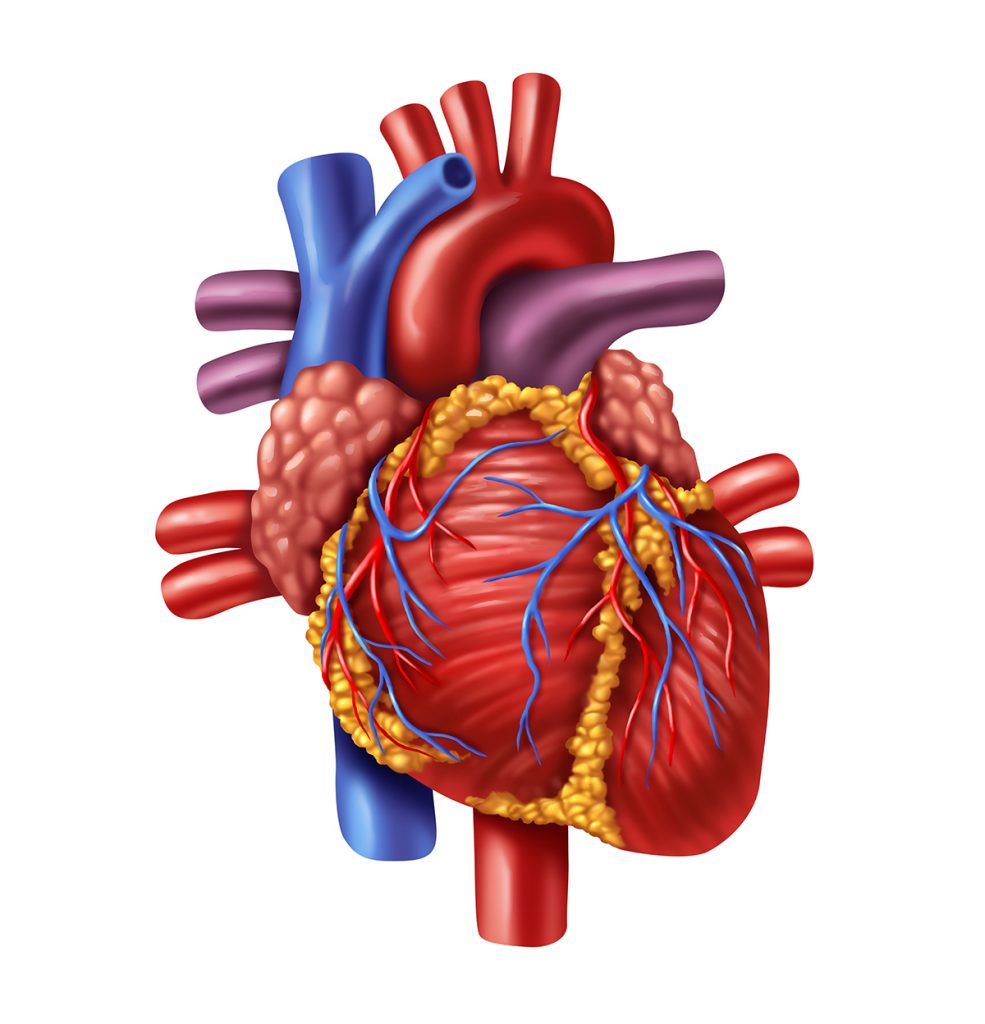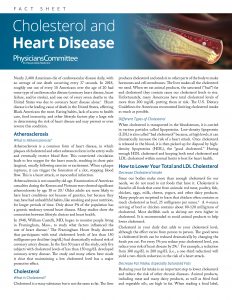
Nearly 2,400 Americans die of cardiovascular disease daily, with an average of one death occurring every 37 seconds. In 2018, roughly one out of every 10 Americans over the age of 20 had some type of cardiovascular disease (coronary heart disease, heart failure, and/or stroke), and one out of every seven deaths in the United States was due to coronary heart disease alone.
Heart disease is the leading cause of death in the United States, affecting Black Americans the most. Eating habits, lack of access to health care, food insecurity, and other lifestyle factors play a large role in determining the risk of heart disease and may prevent or even reverse this condition.
What Is Atherosclerosis?
Atherosclerosis is a common form of heart disease, in which plaques of cholesterol and other substances form in the artery walls and eventually restrict blood flow. This constricted circulation leads to less oxygen for the heart muscle, resulting in chest pain (angina), usually following exercise or excitement. When a plaque ruptures, it can trigger the formation of a clot, stopping blood flow. This is a heart attack, or myocardial infarction. Atherosclerosis is not caused by old age. Examination of American casualties during the Korean and Vietnam wars showed significant atherosclerosis by age 18 or 20.2 Older adults are more likely to have heart conditions not because of genetics, but because they may have had unhealthful habits, like smoking and poor nutrition, for longer periods of time. Only about 5% of the population has a genetic tendency toward heart disease. Many studies show the connection between lifestyle choices and heart health.
Download the Physicians Committee for Responsible Medicine’s Fact Sheet, Cholesterol and Heart Disease, to read the rest of this article. Feel free to download and share this free resource.
The Physicians Committee for Responsible Medicine is a 501(c)(3) nonprofit organization, headquartered in Washington, DC. Our efforts are dramatically changing the way doctors treat chronic diseases such as diabetes, heart disease, obesity, and cancer. By putting prevention over pills, doctors are empowering their patients to take control of their own health.
Fact sheet shared with permission from PCRM. Click here to view other PCRM Fact Sheets.

